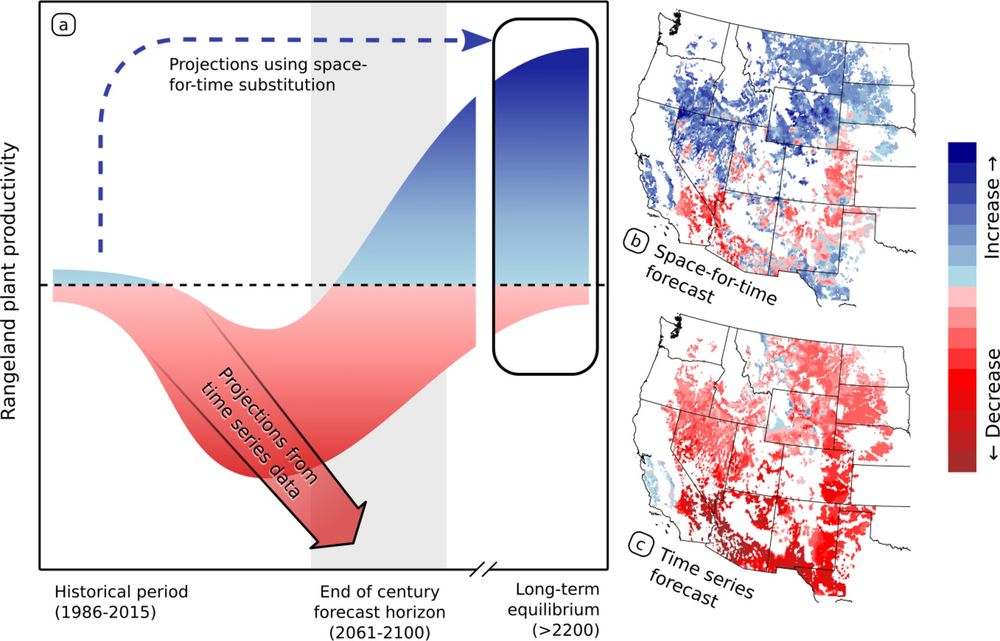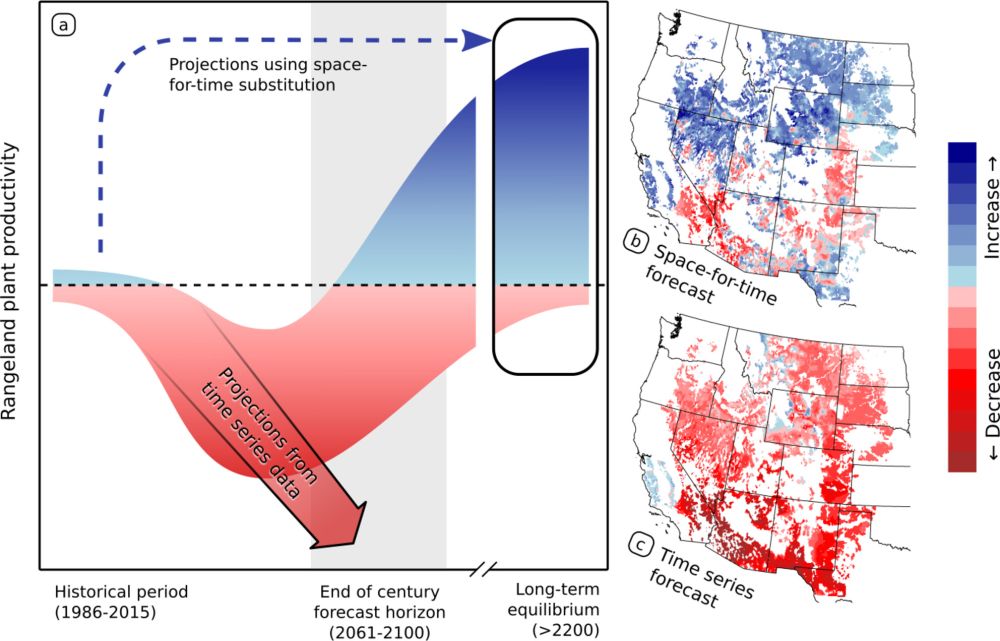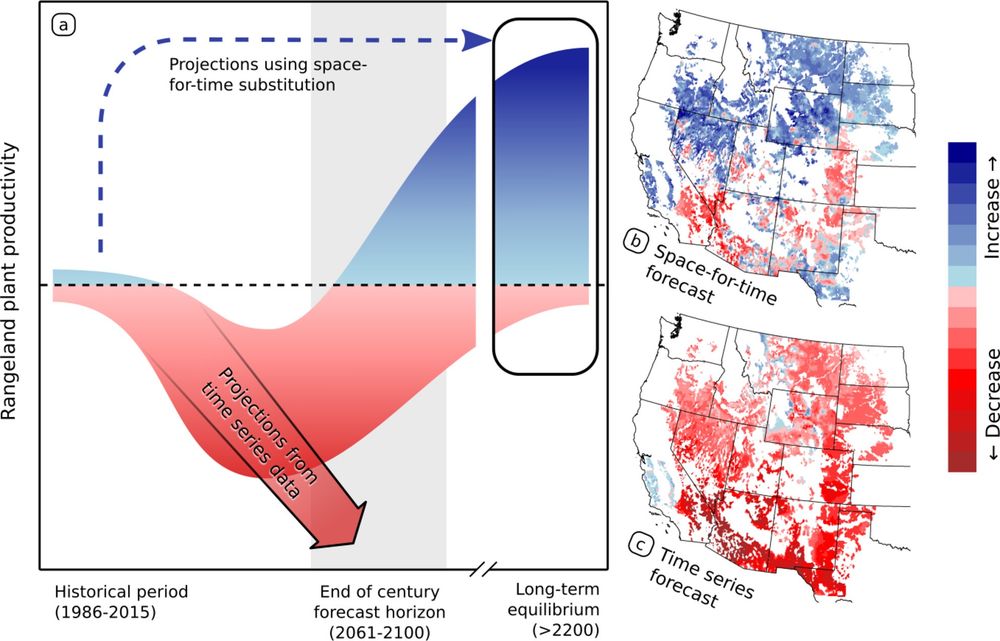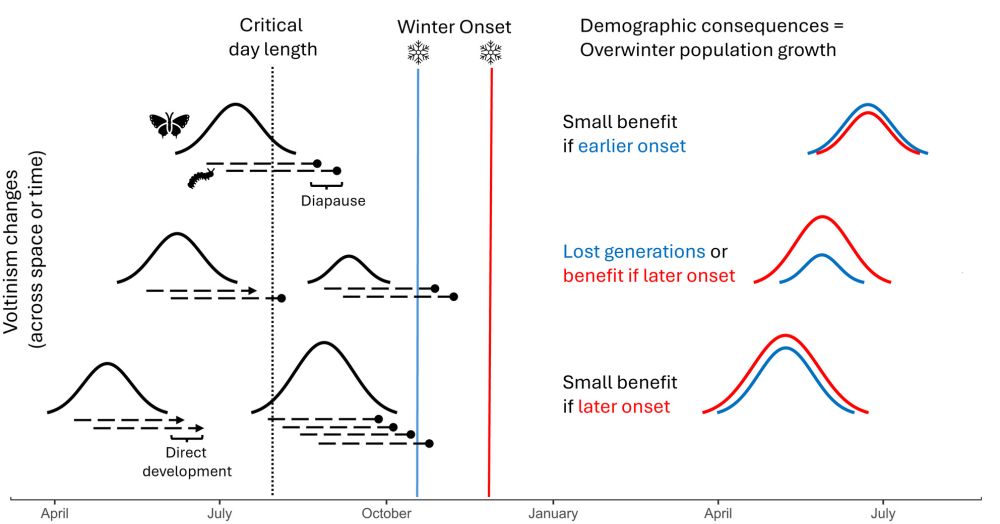Michael (Misha) Stemkovski
@mishastemkovski.bsky.social
52 followers
50 following
3 posts
Climate change, pollination, community ecology. Postdoc at Utah State University. https://www.stemkovski.com/
Posts
Media
Videos
Starter Packs
Reposted by Michael (Misha) Stemkovski
Margaret Evans
@mekevans.bsky.social
· Jul 31

Reconsidering space-for-time substitution in climate change ecology - Nature Climate Change
Ecologists often leverage patterns observed across spatial climate gradients to predict the impacts of climate change (space-for-time substitution). We highlight evidence that this can be misleading n...
www.nature.com
Reposted by Michael (Misha) Stemkovski
Reposted by Michael (Misha) Stemkovski
Lars Brudvig
@lars-brudvig.bsky.social
· Nov 29
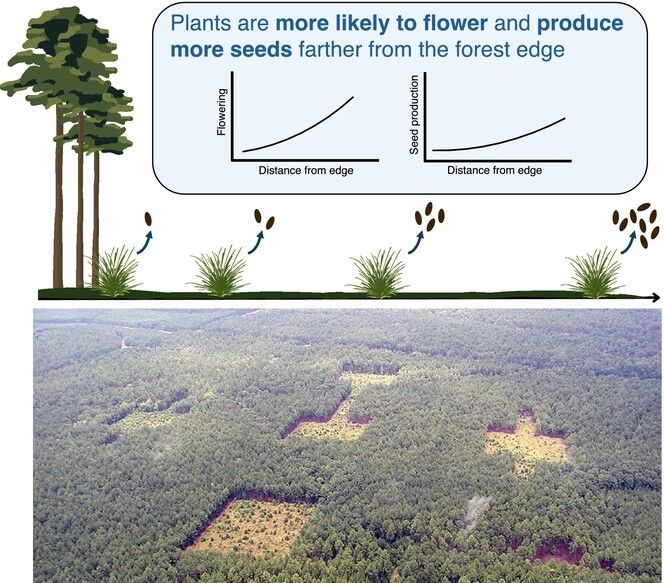
Habitat edges decrease plant reproductive output in fragmented landscapes
The authors demonstrate that plant reproductive output (seed production) is decreased by habitat fragmentation through edge effects on flowering. This work provides evidence that an important contrib....
besjournals.onlinelibrary.wiley.com

